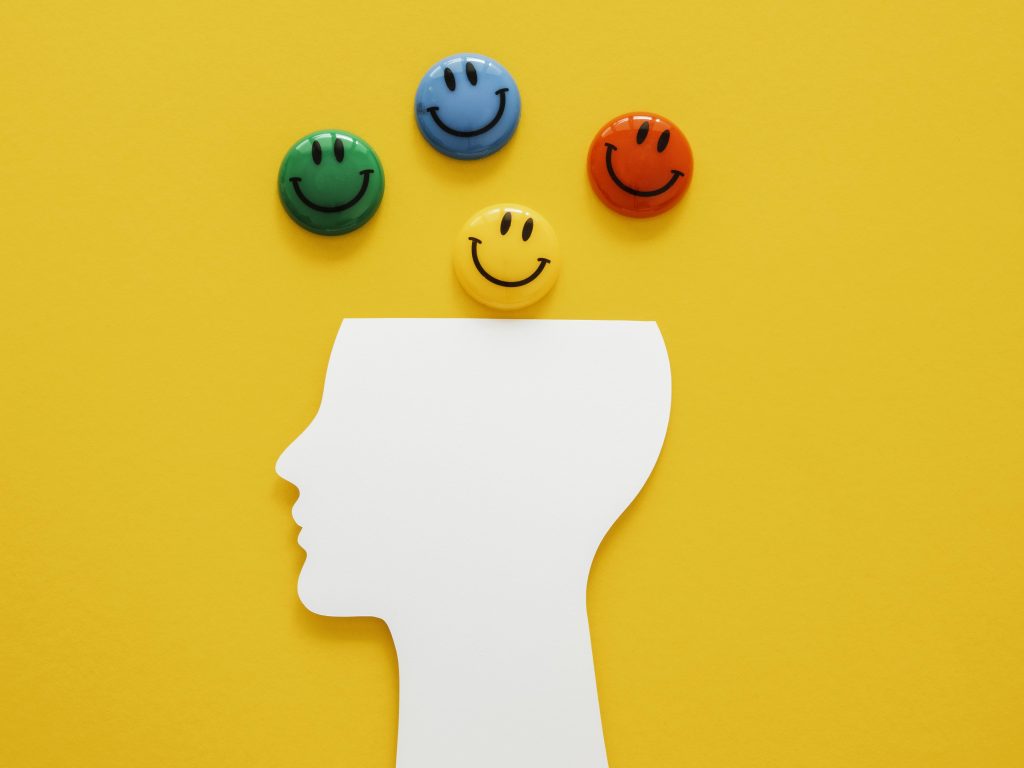Understanding Emotional Intelligence in the Workplace
Emotional intelligence (EI) refers to the ability to recognize, understand, and manage emotions—both in oneself and in others. This skill is essential in the workplace, where emotions influence decision-making, collaboration, and overall productivity.
Individuals with high EI can navigate workplace challenges with greater ease, handling stress effectively, maintaining composure under pressure, and fostering positive relationships. By improving self-awareness, social awareness, and emotional regulation, professionals can communicate more effectively, resolve conflicts constructively, and inspire their teams.
Strong emotional intelligence also contributes to leadership success. Leaders who understand their emotions and those of their team members can build trust, motivate employees, and create a more inclusive and supportive work culture. This leads to higher employee engagement, lower turnover rates, and a more resilient organization.
In today’s fast-paced and interconnected work environment, developing emotional intelligence is no longer optional—it’s a necessity for personal and professional success.

The Core Components of Emotional Intelligence
To fully grasp the power of emotional intelligence in professional growth, it’s essential to understand its five core components:
Self-Awareness
Self-awareness is the foundation of emotional intelligence. It involves recognizing your emotions, understanding how they affect your actions, and assessing your strengths and weaknesses. Professionals with high self-awareness can manage stress better and respond more effectively to workplace challenges.
Self-Regulation
Self-regulation refers to the ability to control emotions and impulses, preventing hasty decisions or reactive behavior. A professional who practices self-regulation remains calm under pressure, adapts to change, and maintains a high level of professionalism.
Motivation
Highly emotionally intelligent professionals are self-motivated. They set ambitious but realistic goals, remain resilient in the face of obstacles, and continuously seek personal and professional growth.
Empathy
Empathy is the ability to understand and share the feelings of others. In the workplace, empathetic individuals build stronger relationships, resolve conflicts effectively, and foster an inclusive and supportive work environment.
Social Skills
Social skills include communication, conflict resolution, and teamwork. A professional with strong social skills can collaborate effectively, navigate office politics, and inspire others through effective leadership.
The Role of Emotional Intelligence in Career Advancement
Enhancing Leadership Skills
Leading with Emotional Intelligence
Leaders who possess emotional intelligence can inspire and motivate their teams more effectively. They understand team members’ emotions and needs, enabling them to foster a positive and productive workplace culture.
Conflict Resolution for Leaders
Emotional intelligence helps leaders navigate conflicts with composure and fairness. By understanding different perspectives and maintaining a balanced approach, they can resolve issues without escalating tensions.
Strengthening Workplace Relationships
Building Strong Team Dynamics
Teams thrive when members understand and respect each other’s emotions. Emotional intelligence allows professionals to communicate better, reduce misunderstandings, and collaborate efficiently.
Handling Workplace Conflicts
Conflicts are inevitable in any professional setting, but emotional intelligence equips individuals with the skills to address disagreements constructively. Instead of reacting impulsively, emotionally intelligent professionals approach conflicts with understanding and a problem-solving mindset.

Boosting Productivity and Decision-Making
Managing Workplace Stress
Stress management is essential for maintaining productivity. Emotionally intelligent professionals recognize when they are stressed and take proactive steps to address it, whether through mindfulness, time management, or seeking support from colleagues.
Making Rational and Thoughtful Decisions
Emotional intelligence enhances decision-making by ensuring emotions do not cloud judgment. Professionals with high EI analyze situations objectively, consider various perspectives, and make well-informed choices.
How to Improve Emotional Intelligence for Professional Success
Developing Self-Awareness
Practicing Reflection
Regular self-reflection helps professionals understand their emotions and triggers. Keeping a journal or seeking feedback from colleagues can provide valuable insights.
Recognizing Emotional Triggers
Identifying what situations trigger strong emotional responses allows professionals to develop strategies for managing reactions and maintaining control in challenging situations.
Strengthening Emotional Regulation
Practicing Mindfulness
Mindfulness techniques, such as deep breathing or meditation, can help professionals stay calm under pressure and make more thoughtful decisions.
Developing Emotional Agility
Emotional agility is the ability to navigate emotions effectively. Instead of suppressing or ignoring emotions, emotionally intelligent individuals acknowledge and process them constructively.
Enhancing Empathy and Social Skills

Active Listening in the Workplace
Listening attentively to colleagues and acknowledging their perspectives fosters mutual respect and better communication.
Cultivating Positive Workplace Relationships
Building trust and rapport with colleagues creates a more collaborative and enjoyable work environment, leading to greater overall success.
Take the Next Step in Your Professional Growth
Emotional intelligence is the foundation of strong leadership, effective communication, and career success. By mastering self-awareness, empathy, and emotional regulation, you can navigate workplace challenges with confidence and resilience. Whether you’re looking to advance in your career, strengthen your professional relationships, or enhance decision-making skills, investing in emotional intelligence is a step toward long-term success.
If you’re ready to unlock your full potential, Kari Ghanem can provide expert guidance and personalized coaching to help you thrive. Get in touch today to start your transformation!
FAQs
Most clients notice shifts within the first few sessions, but long-term results depend on your commitment and consistency.
No, mindset coaching focuses more on present and future growth rather than deep psychological healing.
Absolutely. Many exercises are aimed at building confidence, reducing fear, and rewiring anxious thought patterns.
That depends on your comfort level. One-on-one offers deeper personalization, while group sessions can be motivating and cost-effective.
Visit Kari Ghanem’s coaching website or social media profiles to schedule a free discovery call and start your mindset transformation journey today.


